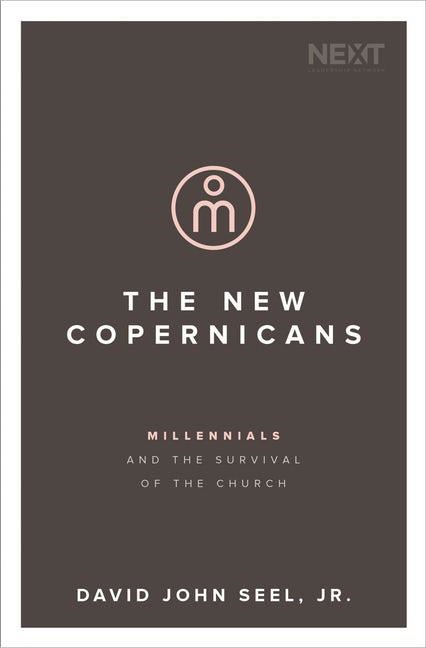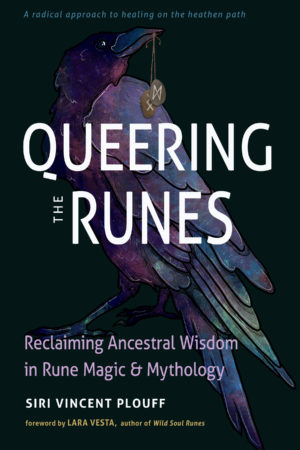
New copernicans – millennials and the survival of the church
New copernicans – millennials and the survival of the church
"Our millennial children, as well as nonchurchgoing millennials, are both the church's greatest challenge and its most exciting new opportunity."
—John Seel, PhD
Warning: There is a fundamental frame of reference shift in American society happening right now among young adults. You may think of this group as millennials—those born between 1980 and 2000—but millennials resist this label for good reason: the national narrative on them is pejorative, patronizing, and just plain wrong.
Here's what we do know:
- Of Americans with a church background, 76 percent are described as "religious nones" or unaffiliated—and it's the fastest growing segment of the population.
- Close to 40 percent of millennials fit this religious profile.
- Roughly 80 percent of teens in evangelical church high school youth groups will abandon their faith after two years in college.
It's unlikely that the evangelical church can survive if it is uniformly rejected by millennials, and yet:
- Millennial pastors and youth ministers are disempowered; their perspective is often not taken seriously by senior church leadership.
- Most millennial research is framed in categories rejected by millennials; that is, left-brained, analytical communication is lost on right-brained, intuitive millennials.
- Evangelicals' bias toward rational left-brained thinking makes the church seem tone-deaf.
What's next? Read on. John Seel suggests survival strategies—communication on-ramps for genuine human connection with the next generation. It can be done.






